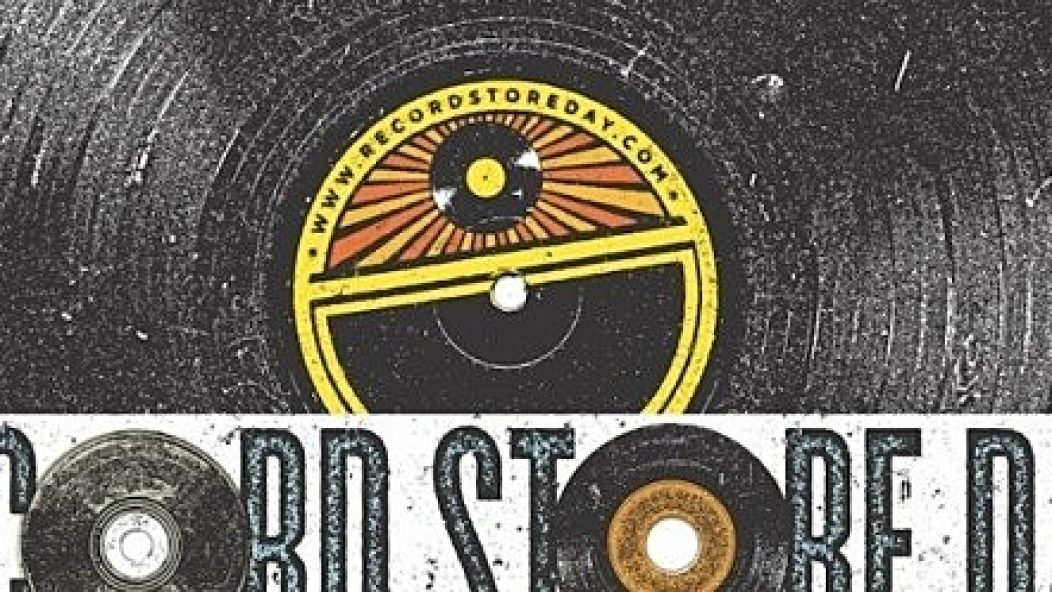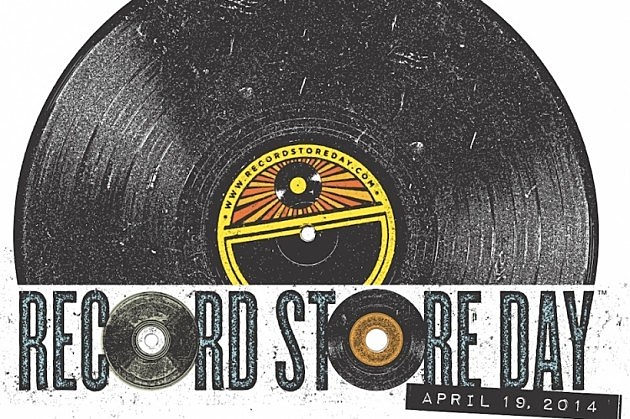
A metalhead's defense of Record Store Day

…
Saturday is Record Store Day. By all accounts, the holiday was conceived with the best of intentions, at a conference for independent record store owners and employees. That was in 2007, and the first Record Store Day was celebrated a year later. Now, just six years on, music industry folks and record snobs alike have grown to treat it with the same ambivalence they now have for SXSW: I’ll go, but I don’t have to like it.
And sure, that’s mostly fair. Stores that are sanctuaries any other day take on the atmosphere of a teeming club on RSD, with long queues of people, too-loud DJs, and ubiquitous plastic cups full of bottom-shelf booze. Speculators buy up the most coveted limited-edition records for the sole purpose of flipping them on Discogs or eBay the next day. Bands play for nothing, hoping the exposure to a roomful of people who are there to shop will make it worth their time. What started, at least in theory, as a celebration of record collectors’ humble homes away from home has become a much more commercial entity, something like a Valentine’s Day for music lovers.
Perhaps surprisingly, metal has been a centerpiece of Record Store Day since the beginning. Most heshers probably don’t realize it, but at the first-ever official Record Store Day at San Francisco’s Rasputin Music in 2008, Metallica was the band asked to kick off the festivities. Metal labels have been opting in ever since, releasing first-run vinyl pressings of classic albums and limited edition seven-inches to lure metalheads into stores whose selections they might otherwise avoid. The commercial nature of the holiday certainly hasn’t kept our beloved and (allegedly) anti-commercial genre from getting in on the cash-grab.
Indeed, if you take even a cursory glance at the list of this year’s RSD-exclusive titles, you’ll see a heap of respected names from the metal world — Carcass, At the Gates, Katatonia, Mastodon, Opeth, Between the Buried and Me. Granted, these are as close to big-box brands as underground metal has circa 2014; it’s not like you’re going to find the new Teitanblood LP etched in limited-edition human femur at the corner record shop because it’s the third Saturday in April.
But the metal records that actually make it onto the shelves for RSD sell, sometimes through their entire pressings in one day, and I’m the guy who’s here to tell you that’s a good thing. It’s a good thing because record stores are still critical engines in the music industry. Labels measure the success of their records in part by how many of them they’re able to get into stores. When there’s fewer stores, there’s fewer physical records entering the marketplace, and labels are more reticent to press vinyl, or to sign new bands. Record Store Day allows shops to move huge amounts of product – exclusive and otherwise – in a short span of time. The lights stay on, and everyone is happy.
When metalheads show up to a participating store and buy out every copy of a vinyl repress of Opeth’s Watershed, that store’s manager notices. Maybe she orders some more Opeth vinyl to test the waters, and that sells, so she stocks the back catalogs of Katatonia and Bloodbath as well. Metal record nerds start to realize that the store is paying them some attention, so once every few months, they make a purchase at the store they might have otherwise made on CM Distro or Hells Headbangers. A trust is built that wouldn’t have been possible without several parties tacitly endorsing Record Store Day as a concept. Even though the branding has grown creepily corporate, and gimmickry and hucksterism have established a foothold, the holiday still serves its most basic function. It’s rebuilding buyer-seller relationships that the Internet and the recession have been eroding for years. At least once a year, fans are buying records from record stores. The system works.
And what will I, as a good, Dio-fearing metalhead, be doing on Record Store Day? In NYC, I’m lucky enough to have a few options. Most likely, I’ll start by checking out the scene at the great Generation Records in the West Village, a store that keeps new metal on the shelves year-round. Next, I’ll go to Heaven Street in Bushwick, where owner Sean Ragon has promised to put out a huge stash of used metal and punk records for the occasion. I’ll wind up at the new Williamsburg outpost of record superstore Rough Trade to catch live sets by a few killer bands, including recent Relapse signees Nothing, whose Guilty of Everything LP has been in heavy rotation for me lately.
Alternatively, I could just sit on my couch and blast Record Store Day as a commercialized Amateur Night for the music industry. But why the fuck would I?
…










